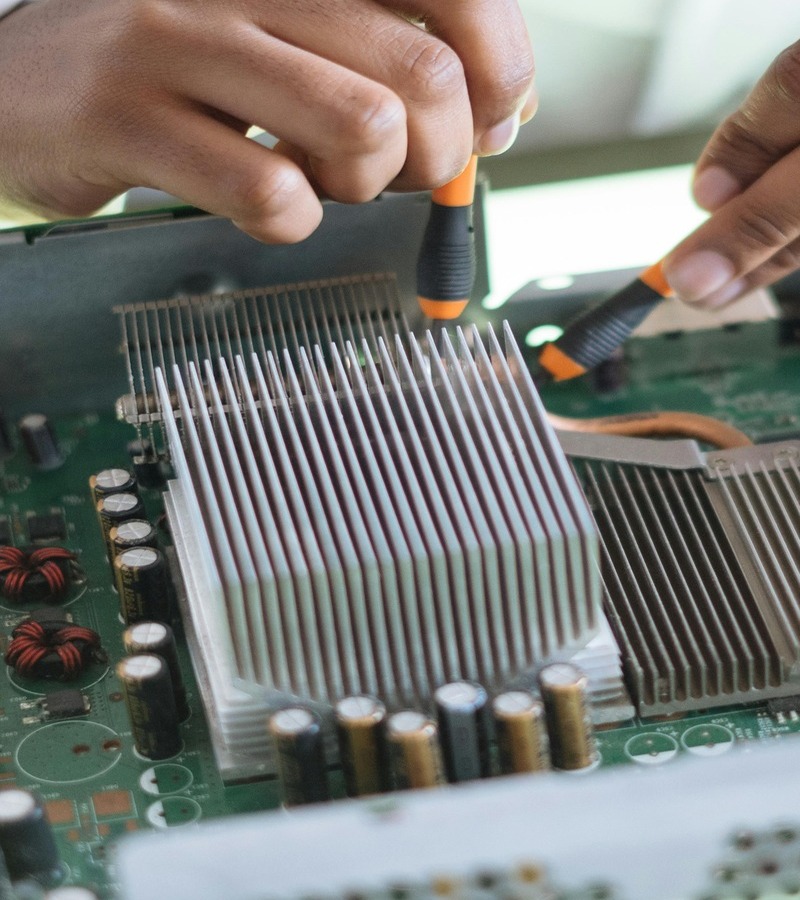
About us
We're a power converter system designer and manufacturer
We're a fast-moving startup focused on pushing the limits of power conversion technology. We design and build next-generation converters that fuel the future of green energy — from Battery Energy Storage Systems (BESS) and DC fast charging to microgrids and beyond. Our team lives at the intersection of innovation and impact. We're not just improving what exists — we're creating what's next. By tapping into the latest tech, we're delivering smarter, more efficient solutions that help power cleaner, stronger energy systems around the world. If you're building for a sustainable future, you need solutions that can keep up. That's where we come in.
Products
Explore our products
Scalable: Up to 1 MW power
Power Density: 1.5 kW/litre
Designed for: Commercial and Industrial BESS
Applications
The Battery Energy Storage System (BESS) is a cutting‑edge solution that stores electrical energy for later use via modular lithium‑ion battery packs and smart power converters. It enables peak‑shaving, grid stabilization, and backup power, while its scalable design and advanced control algorithms optimize performance, extend battery life, and maximize ROI. […]
Ultrafast EV (UF EV) charging delivers high-power direct‑current (DC) to electric vehicles, replenishing up to 80% battery capacity in as little as 10–20 minutes. By leveraging advanced cooling, intelligent power converters, and grid‑friendly load management, UF EV charging minimizes downtime and supports high‑utilization stations for fleets and commercial hubs […]
Microgrids are small-scale power grids that operate independently to generate electricity for a localized area, such as a university campus, hospital complex, military base or geographical region […]
A fuel cell is a device that makes electricity from fuel and air. Instead of burning the fuel to make heat to drive a mechanical generator, fuel cells react the fuel and air electrochemically, without combustion. The electrochemical approach avoids pollutants that are created by high flame temperatures, and it is a more direct and efficient way to make power from a fuel […]
